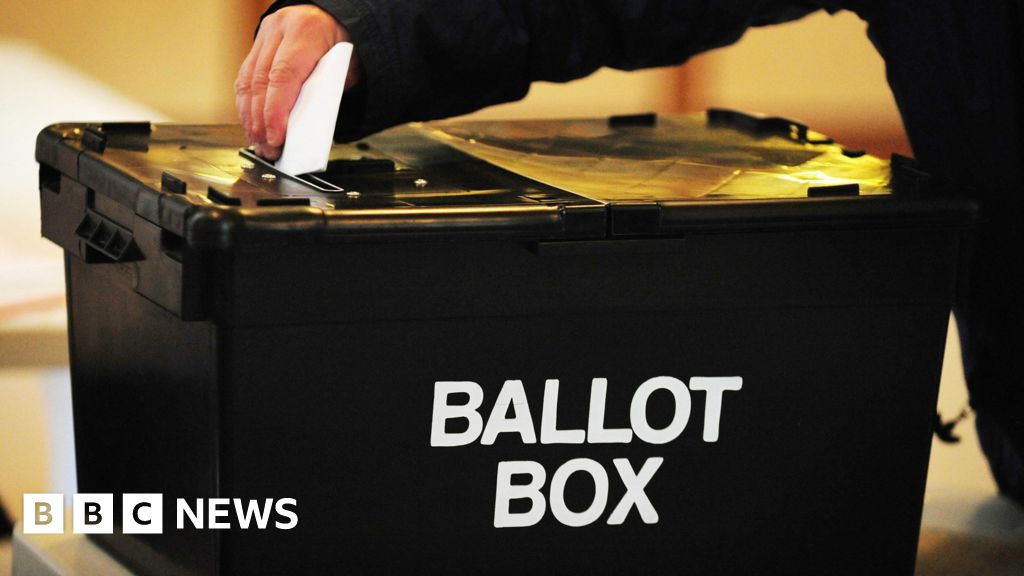Political parties are expected to be told that trans women cannot be on women-only shortlists but trans men can.It comes after last week's Supreme Cou
Political parties are expected to be told that trans women cannot be on women-only shortlists but trans men can.
It comes after last week’s Supreme Court ruling that a woman is defined by biological sex under equalities law.
Shortlists of candidates that only include women have been used by some parties since the mid-1990s to increase female representation. Labour introduced all-women shortlists (AWS) to select half of its candidates in winnable seats ahead of the 1997 general election.
Both Labour and the SNP have said they would allow trans women to access all-women shortlists in the past, with some controversy.
The Equalities and Human Rights Commission (EHRC), which enforces equalities law and provides guidance to policy makers, public sector bodies and businesses, is now expected to provide updated guidance on the issue.
The EHRC has previously said it was an “anomaly” that a trans woman (who was born male) could access a women-only shortlist but a trans man (who was born female) could not.
Likewise, it said there was a discrepancy between trans women who had a Gender Recognition Certificate (GRC), who could legally be on a shortlist, but trans women without one who could not.
A GRC is a legal document that recognises an individual’s gender identity.
It is understood that the ruling that sex is biological will make it clear that such shortlists are only open to those who were born female.
AWS were initially found to be unlawful but an act of parliament was passed in 2002 to make the shortlists legal.
A clause in the Equality Act 2010 extended their use until 2030 but only when women are under-represented.
It is not yet clear whether the ruling will have broader implications for wider efforts to increase female representation.
The charity 50:50 Parliament, which campaigns to achieve gender balance on UK elected bodies, regardless of political parties, said it would be “reviewing the judgement” and “considering any impact on its work”.
Labour suspended its use of all-women shortlists for the 2024 general election because the parliamentary party had more female MPs than males.
That is no longer the case after the election.
Women now make up 47% of Labour MPs, which could reopen the discussion about AWS for selection for parliamentary seats.
The law allows for them to be used for Westminster, the Scottish Parliament, the Welsh Senedd and in most local government elections, where the conditions are satisfied.
The SNP, which used AWS for Scottish Parliament elections in 2021, is currently not using them because a source says women are no longer under-represented in Holyrood.
The use of AWS is not party policy for the Conservatives, the Liberal Democrats, the Green Party of England and Wales or Reform UK.
www.bbc.com
